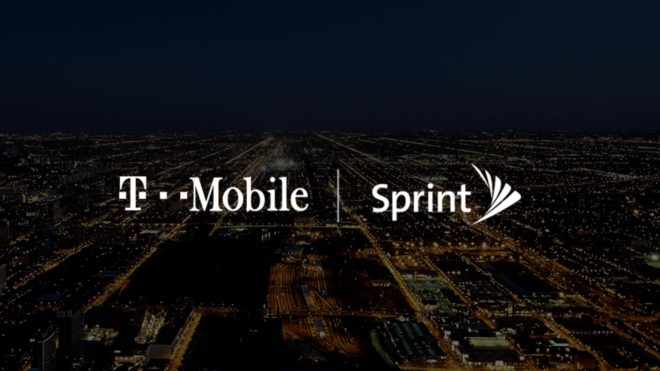T-Mobile wants California PUC to ease some requirements related to Sprint merger

Getting approval for their merger from the California Public Utilities Commission was one of the last hurdles T-Mobile and Sprint had to clear for their deal to get done earlier this year. The CPUC did eventually green light the deal with several conditions attached, but now T-Mo wants some of those requirements to be eased up.
Today T-Mobile sent a letter to the CPUC asking it to relax three of the conditions tied to its merger approval, with the first being the requirement that T-Mo provide 5G speeds of at least 300Mbps to 93 percent of California’s population by the end of 2024. T-Mobile says that that should be pushed back to 2026.
In its letter, T-Mobile explains that that 2024 date was a proxy for a period ending 6 years after the merger closed. But the deal’s regulatory process began in 2018 and didn’t actually closed until 2020, so T-Mobile wants it pushed back 2 years.
T-Mo also says that the 300Mbps/2024 condition is “out of sync” with the other requirements. For example, one condition requires T-Mobile offer speeds of 100Mbps to at least 86 percent of California’s population by the end of 2023, then T-Mo is required to triple those speeds to 300Mbps for 93 percent of the population in just one year. Then T-Mobile is expected to have speeds of at least 100Mbps for 99 percent of California’s population by the end of 2026. T-Mo wants to move the 300Mbps requirement to year-end 2026 to “avoid anomalous results”.
Another change T-Mobile wants to make to the CPUC’s conditions is the requirement that within 3 years, the carrier add 1,000 new jobs in California compared to the number of T-Mobile and Sprint employees at the time of the CPUC’s approval. Instead, T-Mo wants the requirement to be that it will have the same number of employees 3 years after the merger’s closure than it did when it closed.
For this point, T-Mo argues that the CPUC “simply does not have the authority to require a wireless carrier to hire a particular number of employees in a given time period.” T-Mobile also says that this requirement is “particularly burdensome and unjustified” because of the coronavirus pandemic and the effects that it has had and will have on the economy.
The final condition that T-Mobile wants changed is related to network testing to confirm its conditions are being met. The original deal states that the network will be subject to tests created by CPUC staff or its contractors, but T-Mo says that it’s already subject to 2 different tests conducted or overseen by third-parties, including an FCC drive test, so a third test from the CPUC would be “burdensome” and “inefficient” and could result in inconsistent results.
Instead, T-Mobile believes that its compliance with the CPUC’s condition should be subject to the results of the FCC drive tests.
Neither the CPUC nor T-Mobile have issued official statements about T-Mo’s request. However, the Communication Workers of America (CWA) union has come out swinging, saying that the new T-Mobile is “all talk, no action.”
We’ll have to wait and see how the CPUC responds to T-Mobile’s requests, but they’re sure to frustrate the opponents of the deal. While we wait to see how the situation plays out, you can read T-Mobile’s full letter at the CPUC link below.
UPDATE: T-Mobile CEO Mike Sievert has responded to this CPUC letter, saying “We committed to the CPUC that in 3 years T-Mobile would have at least as many jobs in CA as we did when the merger closed”, not that T-Mo would increase jobs in California by at least 1,000.
There are false reports that we are walking back promises of additional jobs in California. Here’s the truth: We committed to the CPUC that in 3 years T-Mobile would have at least as many jobs in CA as we did when the merger closed… we are NOT walking back from that commitment.
— Mike Sievert (@MikeSievert) June 24, 2020
